The 10 Best Teen Rebellion Films: ‘Pump Up the Volume,’ ‘Heathers,’ and More
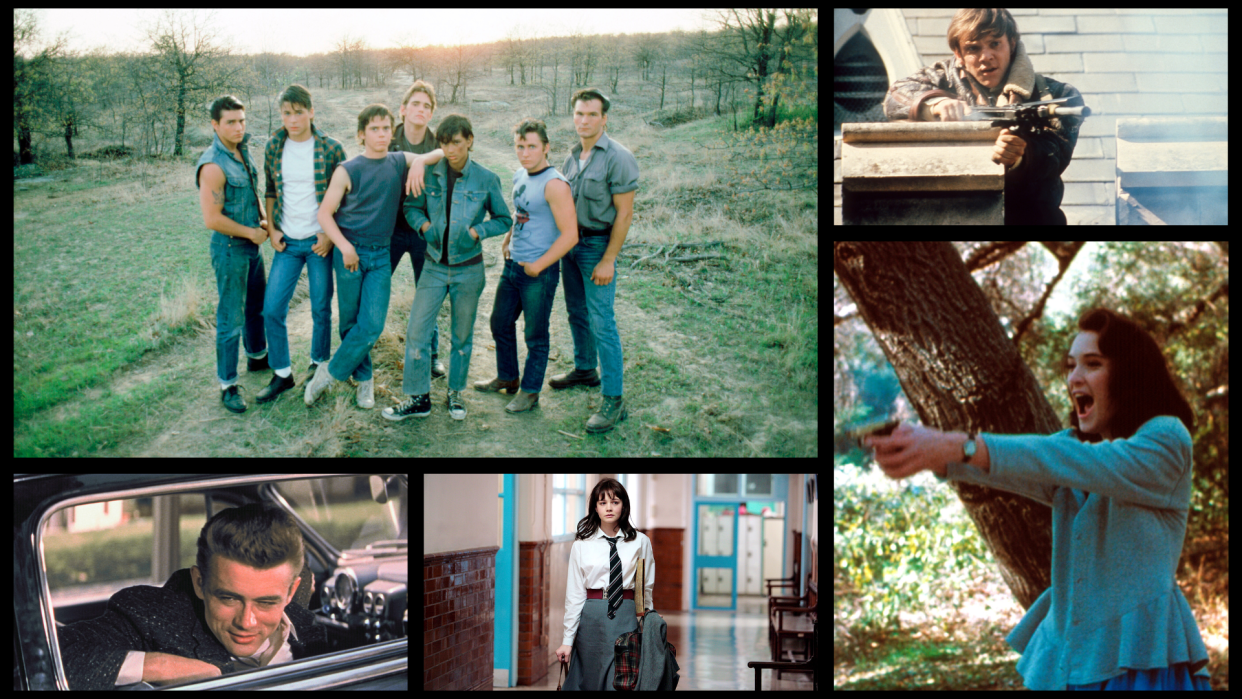
For as long as “teenager” has been a demographic, there have been stories about teens breaking free from the status quo. While a lot of the modern great teen rebellion media is confined to the world of TV — where shows like “Euphoria” attract constant buzz — the archetypal troubled teen story remains 1955’s “Rebel Without a Cause.” Starring James Dean in unquestionably his defining role, a rebellious teen struggling with his demons in L.A., Nicholas Ray’s film spoke to young people at the time with its story of high schoolers struggling with, and going against, the social pressures that bring them down. Over the years it became a touchstone because its themes and its honesty transcends generations.
As the teen film has evolved and morphed as a genre, there’s always been room for stories of iconoclastic youth who don’t fit in with the status quo. Oftentimes, these films haven’t totally fit in with tastes of the time, but found devoted followings and major cult appeal, such as “Heathers” or “Ghost World.” These films often capture the experience of what teenage life is really like greater than more staid films in the genre: The purgatory that is high school is nothing if not a chaotic, confusing, and emotional time for everyone, and a good teen rebellion film externalizes the outsized emotion that makes those years simultaneously beautiful and painful. Read on for the 10 greatest teen rebellion films of all time.
More from IndieWire
“Rebel Without a Cause” (1955)
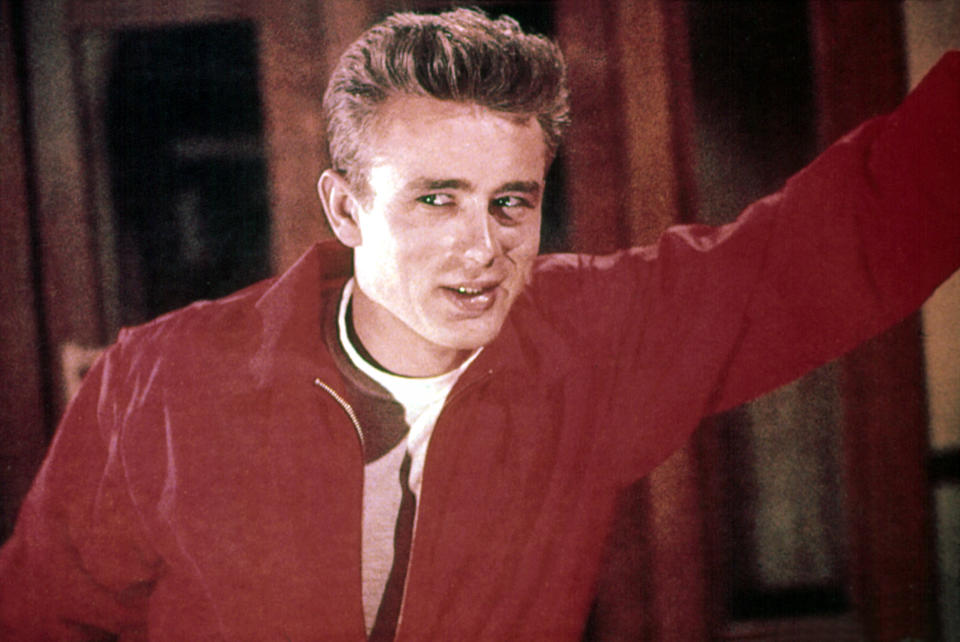
Still the definitive teen rebellion film decades later, Nicholas Ray’s “Rebel Without a Cause” features a terrifically moving James Dean as troubled juvenile delinquent Jim Stark, whose strained relationship with his parents causes him to act out after they’ve just moved to L.A. Befriending similarly troubled teens Judy (Natalie Wood) and Plato (Sal Mineo), Jim begins to find his footing socially, but is forced to fight a group of delinquents Judy is wrapped up with. While teen angst is a tried and true concept today, it was a fairly radical topic to focus on in the ’50s, and “Rebel Without a Cause” still makes you feel the tumultuous emotions that Jim experiences thanks to Dean, who performs the role like he’s threatening to come apart at the seams.
“West Side Story” (1961)
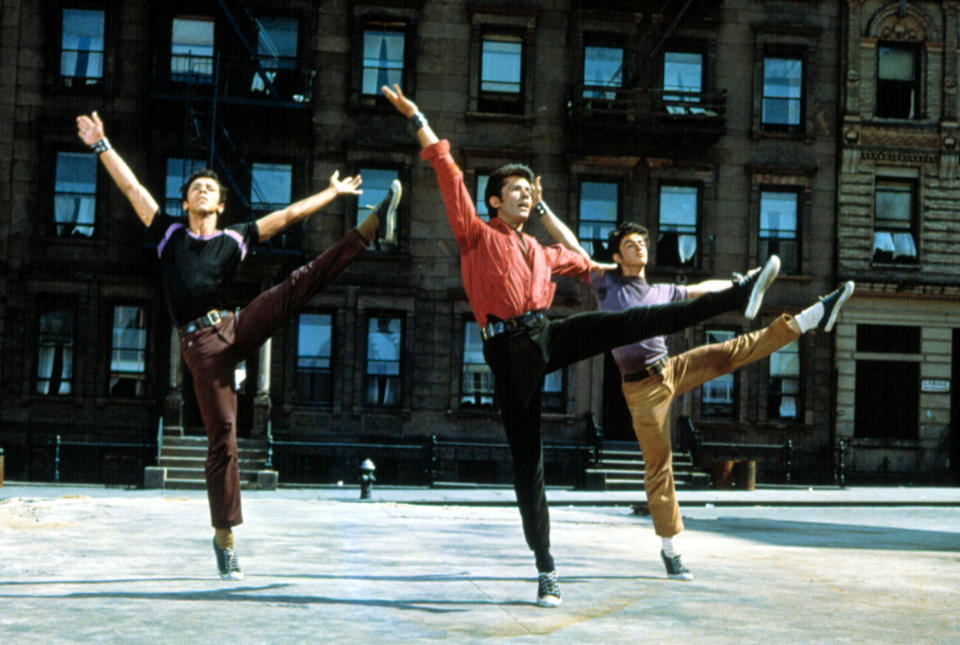
Gang violence has never been as beautiful as it is in “West Side Story,” which sees the rumbles between the white Jets and the Puerto Rican sharks expressed through moving, graceful ballet. The 1957 Broadway musical has been turned into two classic films at this point, but the 1961 movie, with gorgeous colors and graceful choreography from directors Robert Wise and Jerome Robbins remains the definitive version of the New York “Romeo and Juliet” story. Its cast is stacked with talent, from Natalie Wood and Richard Beymer as the doomed lovers at the story’s center to Russ Tamblyn, Rita Moreno, and George Chakiris in scene-stealing roles as the feuding teens whose petty disputes bring about tragedy.
“If…” (1968)
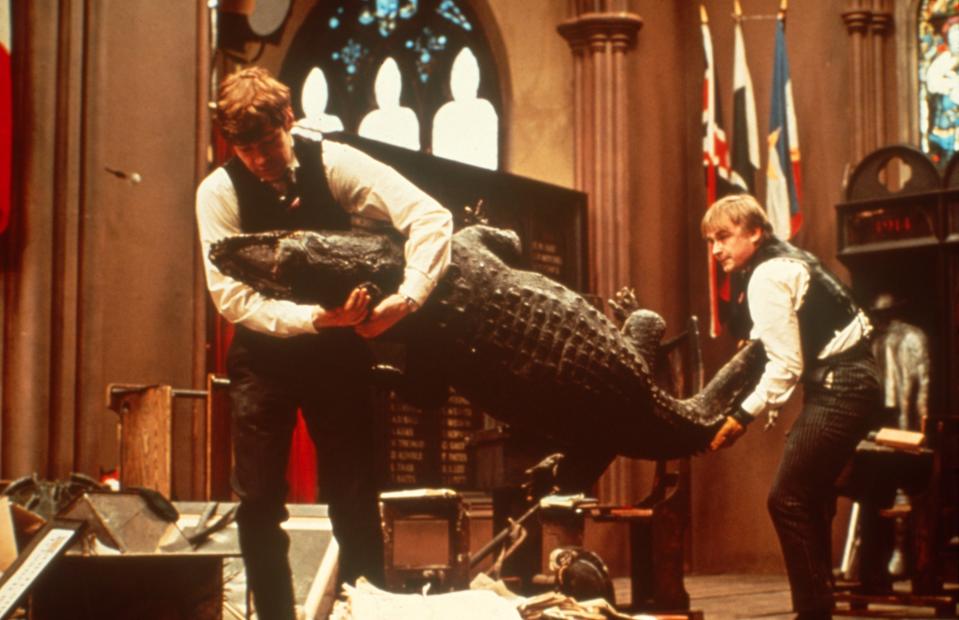
Few teens have as much to rebel against as Mick Travis, the hero of Lindsay Anderson’s controversial and violent boarding school drama “If…” Played by a terrific Malcolm McDowell (right before his defining turn in “A Clockwork Orange,” Mick endures hell as a junior at an upper-crust boarding school, lorded over by the senior class who subjects him and his few friends to brutal beatings and vicious punishments. “If…” sees Mick fighting back against this status quo, through often violent and unsavory methods. The film shows its age in many respects — several of Mick’s actions would never fly in a post-Columbine era — but as a symbolic celebration of taking aim at the structures that put people down, the film remains stirring even today.
“The Outsiders” (1983)
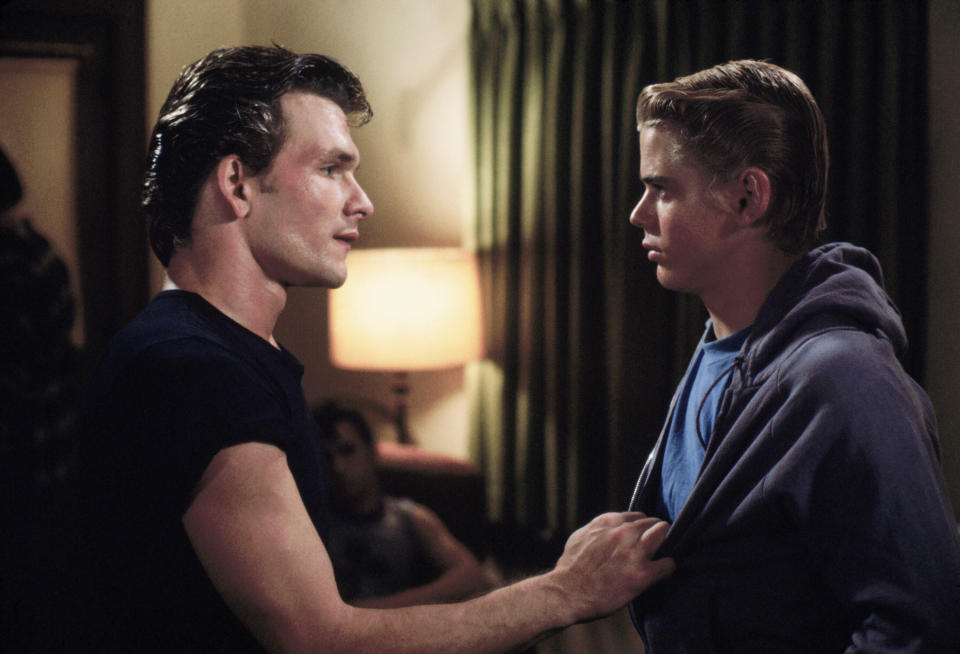
“The Outsiders” has an embarrassment of riches in terms of talent in front of the camera, with the group of hot young greasers on which it’s centered. Tom Cruise, Patrick Swayze, Matt Dillon, Rob Lowe, C. Thomas Howell, Emilio Estevez, and Ralph Macchio all play the various greasers at the story’s center, and their performances are a large part of what make Francis Ford Coppola’s adaptation of the S.E. Hinton novel a teen film classic. Sure Coppola’s directed better, but the young talented cast brings earnest emotion and sincerity to the story of Greasers fighting against the wealthy “Socs” that rule the town.
“The Breakfast Club” (1985)
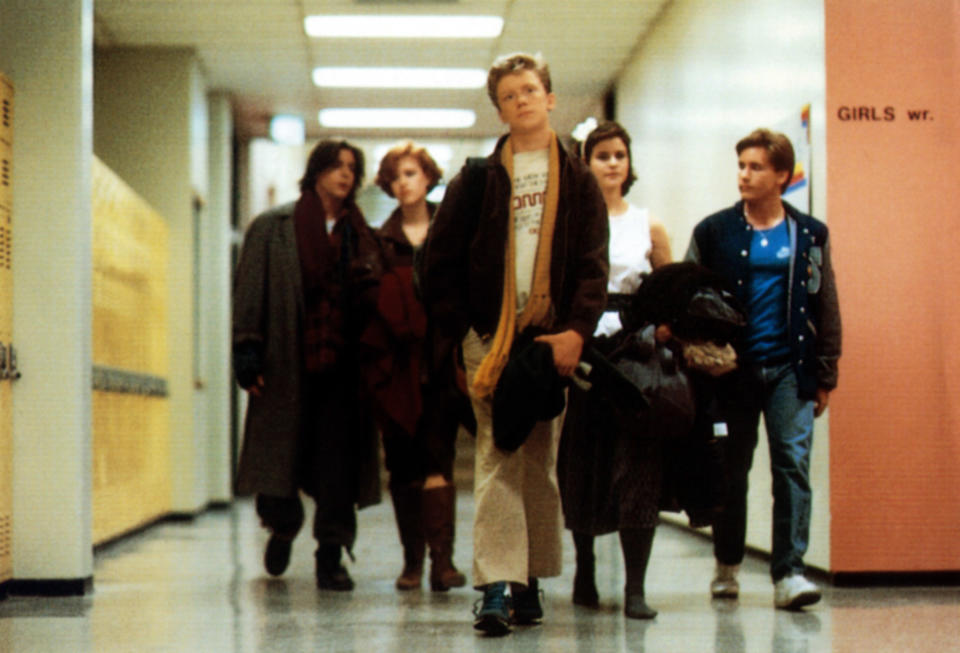
In the world of ’80s films, where popularity in high school is practically caste-like in its rigidity, rebellion often is less about going against the rules per se than it is about finding friends in unexpected places. That’s essentially the premise of “The Breakfast Club,” John Hughes’ iconic 1985 comedy about five starkly different teens who find unexpected commonalities during a brain-deadening stay in detention. The key to the film’s success is how brilliantly populated the ensemble is, with every cast member becoming near canonical in their representation of a specific high school “type” (Judd Nelson the cute bad boy, Molly Ringwald the rich popular girl, Anthony Michael Hall the nerd, Ally Sheedy the loner, and Emilio Estevez the meathead jock). Sure, the kids eventually mess with their domineering vice principal (Paul Gleason), but it’s the mismatched bonds they make that prove far more impactful.
“Ferris Bueller’s Day Off” (1986)
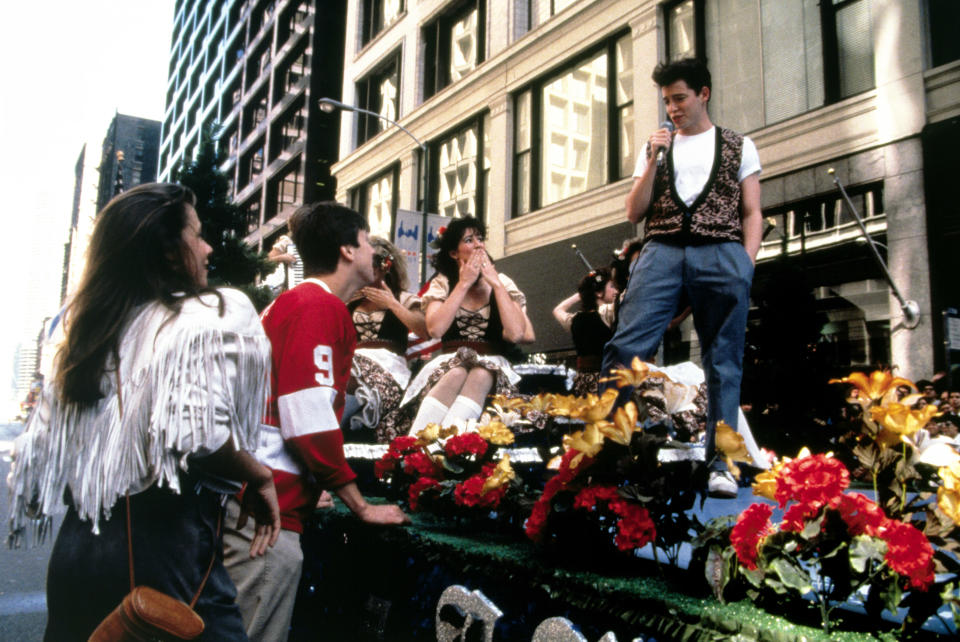
The smarmy, privileged, and self-centered Ferris Bueller (Matthew Broderick) isn’t exactly the type of sensitive rebel that James Dean made iconic. But John Hughes’ “Ferris Bueller’s Day Off” is still, at heart, a film about a teen boy and his best friends behaving badly and going against the rules, ditching school for a day off filled with manic adventure. Broderick, Alan Ruck, and Mia Sara are charmers as the trio of friends traveling through Chicago for a day of fun, while outwitting Ferris’ sister and the school’s strict Dean of Students as they try to bust them. They don’t have any particularly noble reasons for breaking the rules, but if “Ferris Bueller’s Day Off” has a moral, it’s that sometimes having fun is a good enough reason to go against what’s expected of you.
“Heathers” (1988)
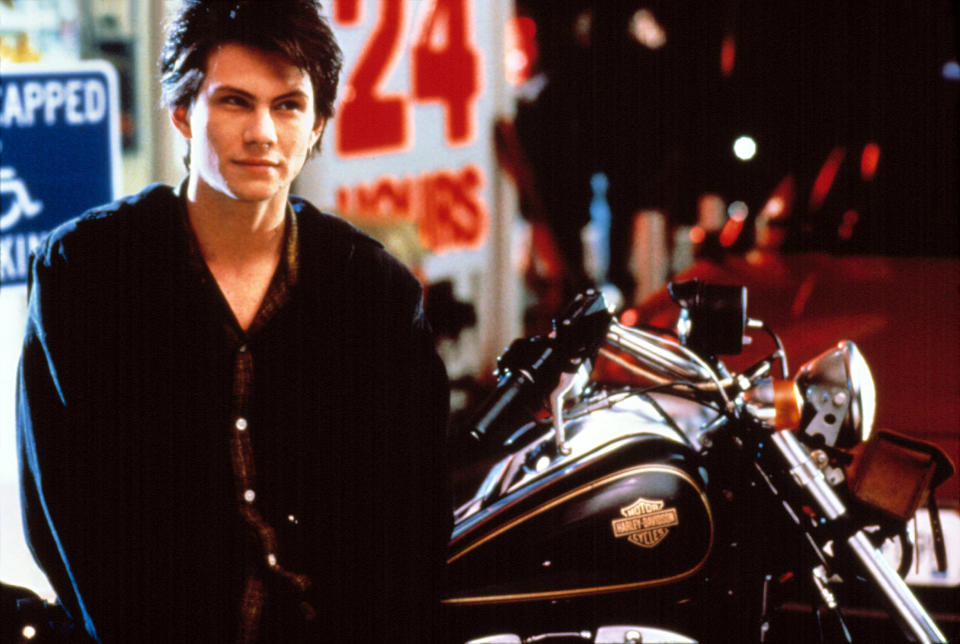
A sharp, biting examination of high school dynamics, “Heathers” is an exhilarating watch in part because it leaves no stone unturned. Yes, the script from Daniel Waters eviscerates the shallowness of popular kids through the titular mean girl clique, whose viciousness puts the Plastiques of the 21st century to shame. But the film is equally interested in bending the too-cool-for-school rebel cliché into its darkest possible outcome, presenting its swoony bad boy JD (Christian Slater) as a psychopath who murders the popular crowd and frames their deaths as suicides for the news media to sensationalize. The actual rebellion, “Heathers” seems to suggest, is Veronica’s (Winona Ryder) ultimate decision to break out of the cool kid vs. outcast dynamics she spends the movie torn between, and simply spend her high school experience having fun.
“Pump Up the Volume” (1990)
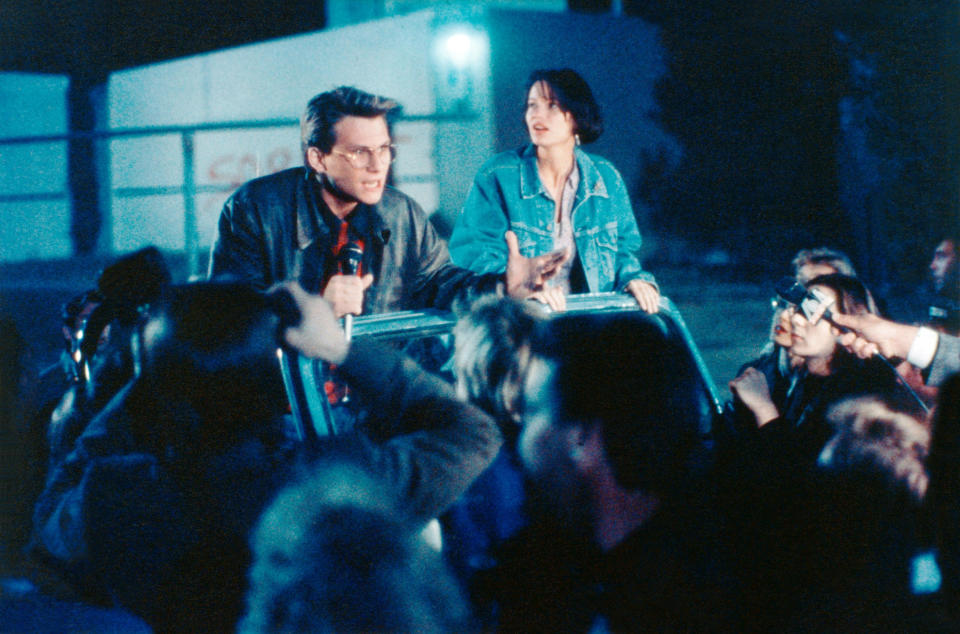
Just two years after playing the bad boyfriend of your dreams in “Heathers,” Christian Slater returned to theaters as a much more traditionally likable rebel in “Pump Up the Volume.” As an introverted teen turned rebellious shortwave radio station host Mark “Hard Harry” Hunter, Slater delivers what’s probably his definitive performance, effortlessly cool while possessing a blazing thirst for justice, and deeply empathetic as he gives his audience of teens a platform to express their deepest troubles. The actual film and its rage against the machine messaging can tip into corny territory, but Slater’s performance alone marks it as a classic.
“Ghost World” (2001)
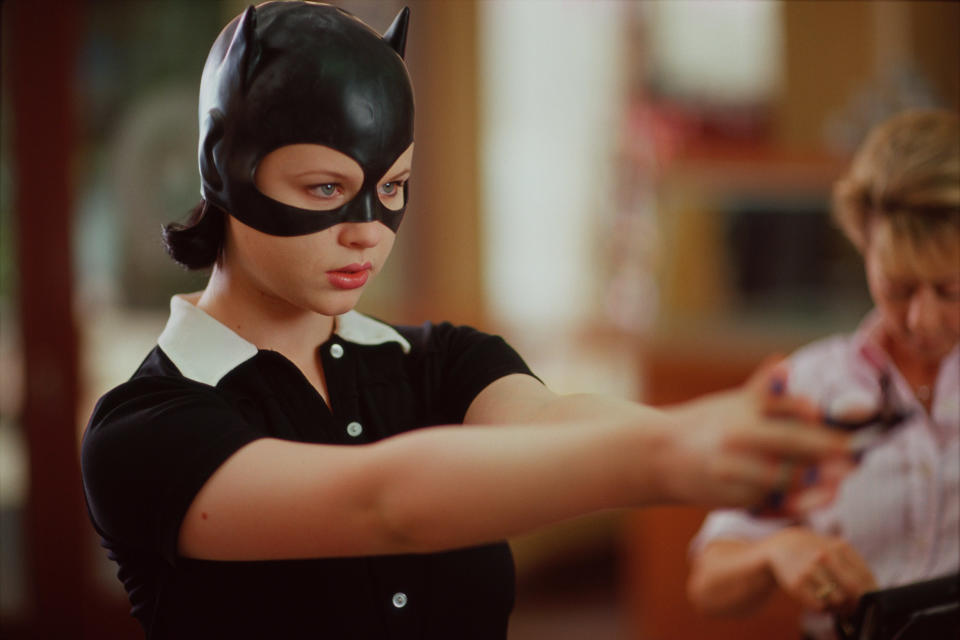
There are no actual ghosts in “Ghost World” (well, let’s ignore the ambiguous ending, at least), but there’s a ghostly quality to the lead character of Daniel Clowes’ beloved ’90s graphic novel all the same. The curt, sarcastic Enid feels trapped in the aimless and transitory state of life that is summer post-high school graduation, where there’s little pointing her in any direction and she repeats her days like a phantom stuck in a loop of the past. Terry Zwigoff’s celebrated 2001 adaptation of the comic casts a brilliant Thora Birch in the role and adds a plotline where she rebels against her remedial art class while forming a toxic codependence with the similarly stuck adult Seymour (Steve Buscemi). But even when she’s going against the grain, Enid is a particularly unglamorous rebel, someone whose rejection of the status quo just underscores her lack of a real place to belong.
“An Education” (2009)
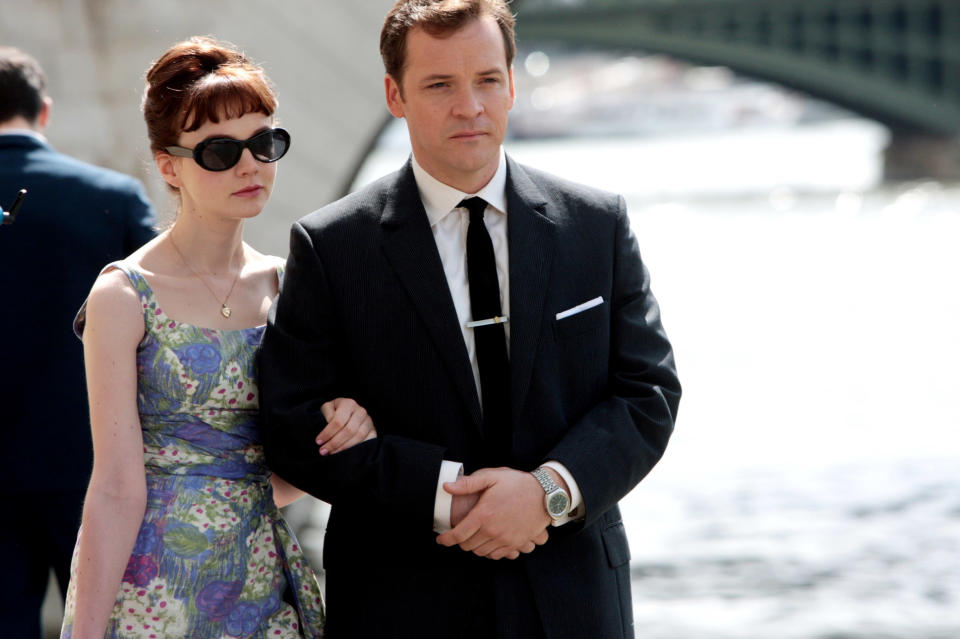
When you’re young (and heck, even when you’re old), there’s a certain thrill to being with someone that you know deep down is horrible for you. The smart, empathetic “An Education” captures that toxic pull with great nuance in the story of 1961 teen Jenny (Carey Mulligan in her star-making role), a bright and obedient teen who threatens to throw her promising future away so she can be with the slimy but undeniably charming conman David (Peter Sarsgaard) who slithers into her life. For Jenny, the pursuit of David and his liberated life is as much about her desire to break out of the trajectory her parents have set for her as it’s about the man himself. If it might be somewhat painful to watch Jenny drop everything for such an obviously bad man, it’s hard not to see the appeal yourself.
Best of IndieWire
The Best Father and Son Films: 'The Tree of Life,' 'The Lion King,' and More
The 28 Best True Crime Shows Streaming Now, from 'Under the Bridge' to 'The Vow'
The 10 Best Doppelganger Films, from 'Dead Ringers' to 'Vertigo'
Sign up for Indiewire's Newsletter. For the latest news, follow us on Facebook, Twitter, and Instagram.
